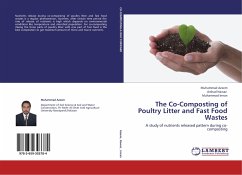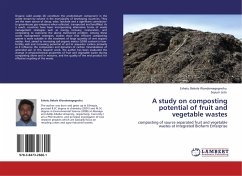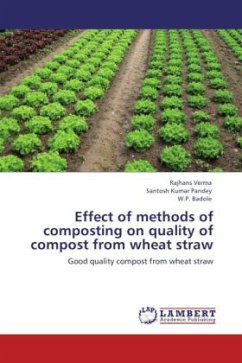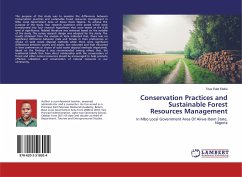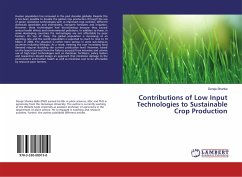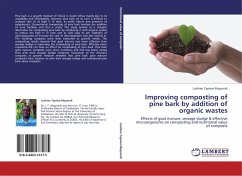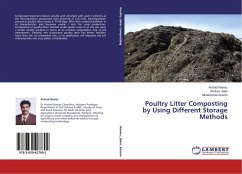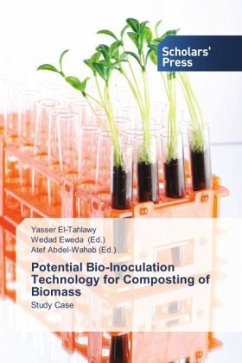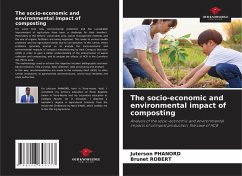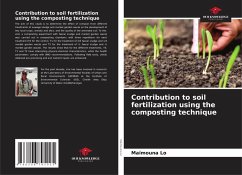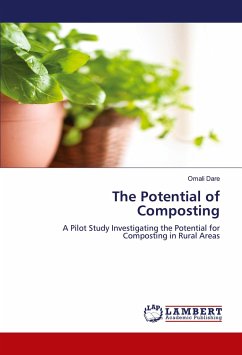
The Potential of Composting
A Pilot Study Investigating the Potential for Composting in Rural Areas
Versandkostenfrei!
Versandfertig in 6-10 Tagen
27,99 €
inkl. MwSt.

PAYBACK Punkte
14 °P sammeln!
This book investigates the potential for composting in rural areas, using the community of Christianburg as a case study, located in Linden Guyana; to determine the major factors that influence the amount and type of waste generated in the community. The results revealed that the size of the household is the most dominant factor that influences the amount of waste within the community of Section "C" Christianburg and the level of income follows. Majority of the persons had poor knowledge of the practice of composting and a number of methods were recommended to increase awareness. The quality o...
This book investigates the potential for composting in rural areas, using the community of Christianburg as a case study, located in Linden Guyana; to determine the major factors that influence the amount and type of waste generated in the community. The results revealed that the size of the household is the most dominant factor that influences the amount of waste within the community of Section "C" Christianburg and the level of income follows. Majority of the persons had poor knowledge of the practice of composting and a number of methods were recommended to increase awareness. The quality of the compost that was produced in the area had high levels of Nitrogen, Phosphorous and Potassium which makes it beneficial for plants, if applied correctly. For this reason, composting presents a viable means for reducing organic waste in rural area while positively contributing to the agricultural sector.



